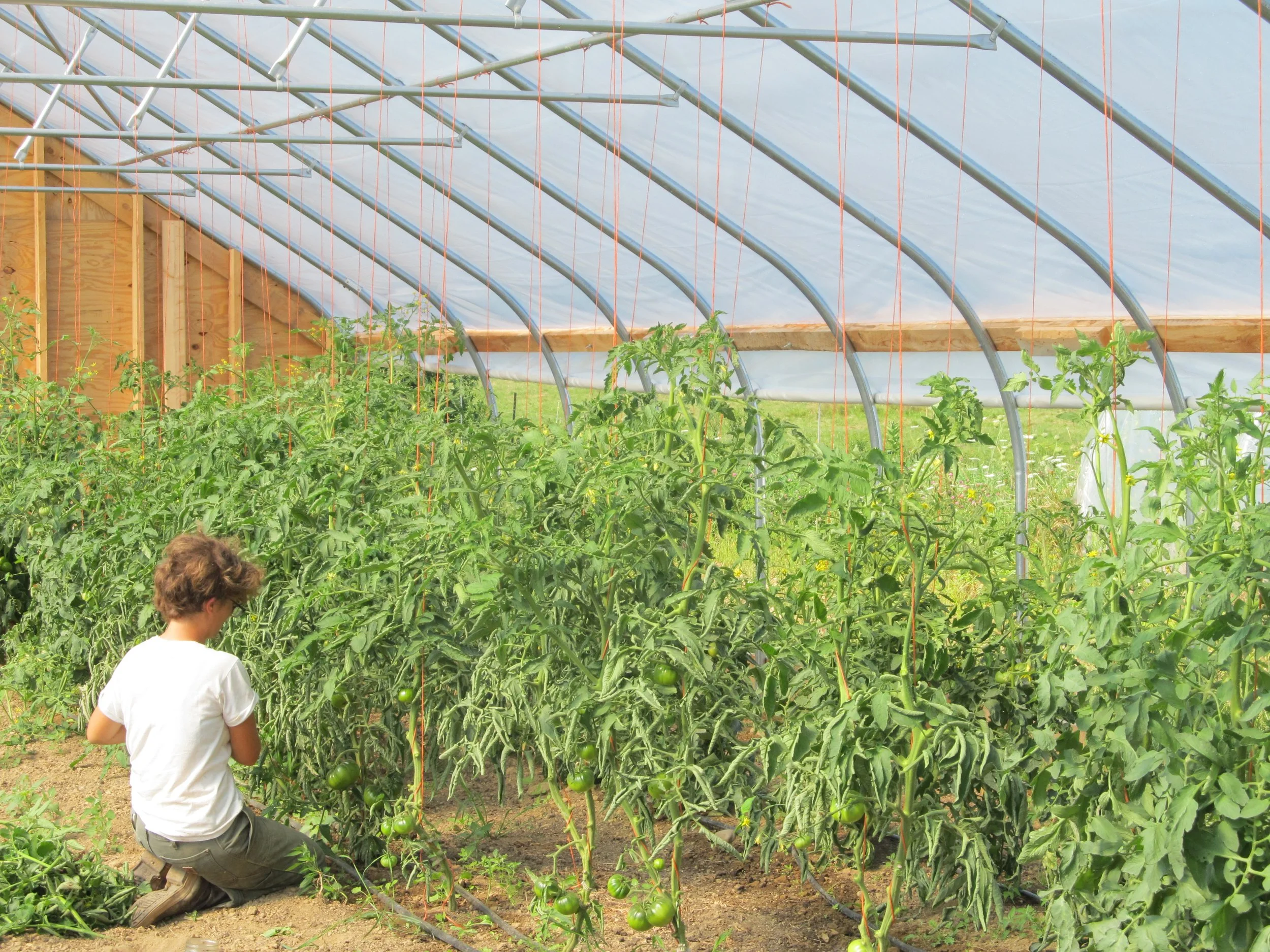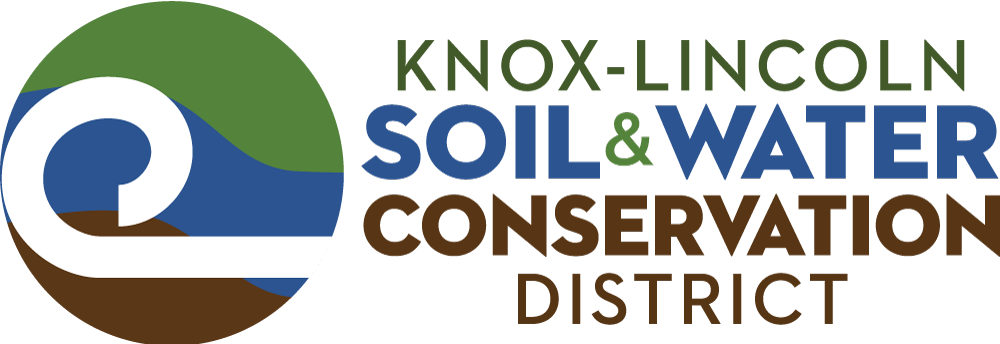
Natural Resources Conservation Service
Energy Initiative
The Environmental Quality Incentives Program (EQIP) On-Farm Energy Initiative helps farmers and ranchers make voluntary improvements that can boost energy efficiency on the farm.
What is the Energy Initiative?
Get Assistance
Energy efficiency improvement is an agricultural trend with many benefits, including reduced input costs, increased productivity per unit of energy consumed by equipment and lighting, and reduced air pollutants and greenhouse gas emissions caused when energy is generated for agricultural use.
Financial assistance is available to inventory and analyze farm systems that use energy and identify opportunities to improve efficiency through the development of an Agricultural Energy Management Plan (AgEMP). The AgEMP, or energy audit, is completed by NRCS-certified Technical Service Providers (TSPs) and provides:
Itemized energy use by individual systems to establish a baseline for electricity and other fuel improvements,
Recommendations for equipment improvements and upgrades,
Potential energy reductions and financial savings for each recommendation
Cost estimates of potential improvements, and
Length of expected payback for energy efficiency upgrades
Once an AgEMP or other qualifying energy audit has been completed, eligible producers can apply for EQIP assistance for the purchase, installation, or retrofit of certain buildings or equipment to improve energy efficiency. Examples of items eligible for energy efficiency improvements include:
Lighting
Plate coolers
Ventilation and fans
Irrigation pumps
Grain dryers
Greenhouse improvements
Maple syrup evaporators
Heating and refrigeration units
Insulation and building envelope sealing
Motor controls and variable speed drive
Learn more information about on-farm energy efficiency.
Additional Information
Interested in getting support? Contact your local District Conservationist.
Learn more about Natural Resources Conservation Service and other programs and initiatives offered.
How to Get Assistance
-
To get started with NRCS, we recommend you stop by your local NRCS field office. They’ll discuss your vision for your land.
NRCS provides landowners with free technical assistance, or advice, for their land. Common technical assistance includes resource assessment, practice design and resource monitoring. Your conservation planner will help you determine if financial assistance is right for you.
-
NRCS staff will walk you through the application process. To get started on applying for financial assistance, we’ll work with you:
To fill out an AD 1026, which ensures a conservation plan is in place before lands with highly erodible soils are farmed. It also ensures that identified wetland areas are protected.
To meet other eligibility certifications.
Once complete, NRCS staff will work with you on the application, or CPA 1200.
Applications for most programs are accepted on a continuous basis, but they’re considered for funding in different ranking periods. Be sure to ask your local NRCS district conservationist about the deadline for the ranking period to ensure you turn in your application in time.
-
As part of the application process, we’ll check to see if you are eligible. To do this, you’ll need to bring:
An official tax ID (Social Security number or an employer ID)
A property deed or lease agreement to show you have control of the property; and
A farm tract number.
If you don’t have a farm tract number, you can get one from USDA’s Farm Service Agency. Typically, the local FSA office is located in the same building as the local NRCS office. You only need a farm tract number if you’re interested in financial assistance.
-
NRCS will take a look at the applications and rank them according to local resource concerns, the amount of conservation benefits the work will provide and the needs of applicants.
-
If you’re selected, you can choose whether to sign the contract for the work to be done.
Once you sign the contract, you’ll be provided standards and specifications for completing the practice or practices, and then you will have a specified amount of time to implement. Once the work is implemented and inspected, you’ll be paid the rate of compensation for the work if it meets NRCS standards and specifications.Item description
Print this information (downloadable PDF)
NRCS District Service Centers
To learn more and inquire about any NRCS services and programs, contact your NRCS District Conservationist.
Lincoln and Kennebec Counties
Amanda Burton, District Conservationist
amanda.burton@usda.gov
(207) 622-7847 Ext. 3
2305 North Belfast Avenue
Augusta, ME 04330
Get Directions
Knox and Waldo Counties
Peter Abello, District Conservationist
peter.abello@usda.gov
(207) 338-1964 Ext. 3
46 Little River Drive
Belfast, ME 04915-9804
Get Directions



